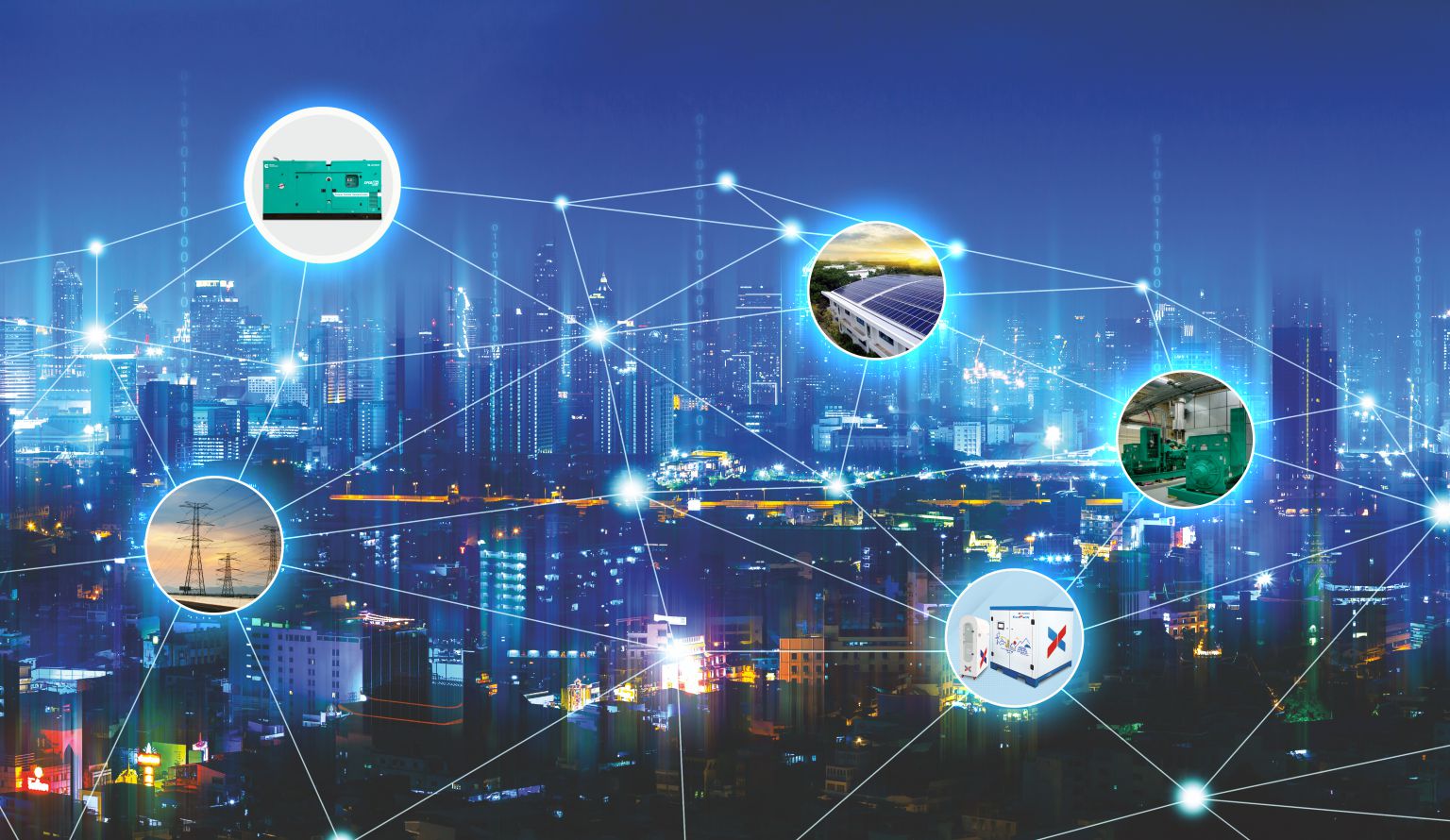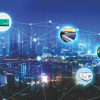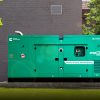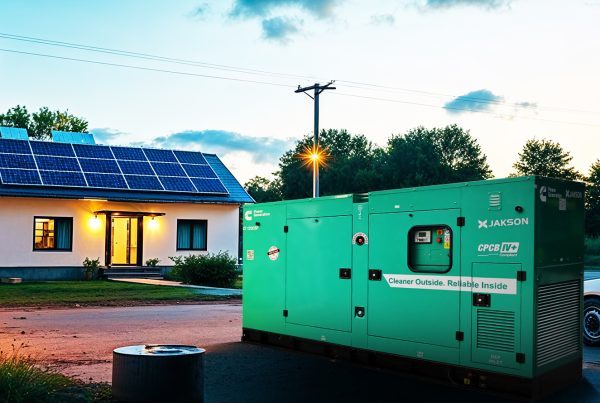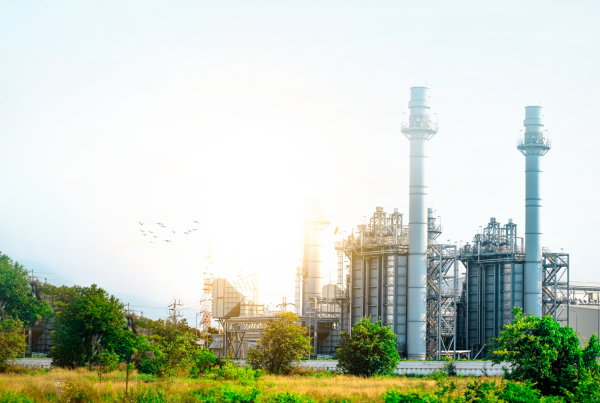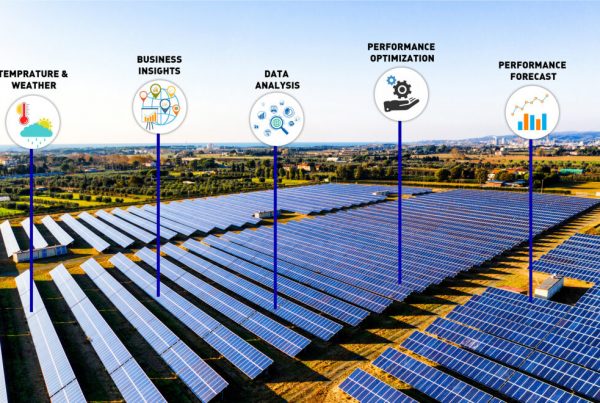The energy landscape is shifting toward decentralization, driven by the growing role of distributed energy systems that enhance sustainability, efficiency, and resilience .As of December 2024, India’s total renewable energy installed capacity reached 209.44 GW, with solar power contributing significantly. The country aims to reach 500 GW by 2030, which emphasizes the growing importance of distributed energy solutions like solar power and battery storage. This shift enhances power generation and ensures energy resilience, particularly in remote areas.
Distributed energy resources (DERs) such as solar panels, wind turbines, and battery energy storage systems are reshaping how energy is generated and consumed. Unlike traditional centralized power plants, DERs rely on renewable energy sources, allowing for localized, decentralized power generation that is reliable and eco-friendly. These resources are important in promoting sustainable energy, which offers these advantages:
● Increased Reliability: Distributed energy enhances the reliability of power supply, particularly in rural or remote regions where access to electricity is limited or intermittent. By generating power closer to the point of use, it helps to minimize the risks of transmission losses and power outages and promotes consistent access to electricity.
● Cost-Efficiency: With DERs, households and businesses can reduce their dependence on the scentralized grid, thereby lowering electricity costs. Sustainable energy solutions like solar power reduce the need for fossil fuels. This offers long-term financial benefits by avoiding price volatility associated with conventional energy sources.
● Economic Growth: The expanding sector of distributed energy creates job opportunities in installation, maintenance, and manufacturing, contributing to local economies. The rise of renewable energy sources fuels industries and accelerates economic progress in both urban and rural settings.
Technological Advancements Powering Change
The success of distributed energy relies heavily on technological innovations. Battery energy storage systems (BESS) are is a vital component of the decentralized power landscape. These technologies enhance the flexibility of energy supply and ensure backup during periods of high demand. Smart grid technologies enable better management of DERs, which facilitates real-time monitoring and control, ultimately leading to enhanced efficiency and reduced operational risks in power generation.
Overcoming Challenges
Despite the clear benefits of distributed energy, some challenges need to be addressed. Regulatory frameworks often lag behind technological advancements, which poses hurdles for the integration of DERs. State distribution companies (DISCOMs) are hesitant to embrace DERs due to concerns over revenue loss and increased operational complexities.
Investments in infrastructure are essential to modernize the grid and support the growing volume of decentralized power generation from renewable energy sources. For distributed energy to thrive, a concerted effort must be made to resolve these barriers through policy reforms and financial investments.
Jakson Group’s Role in Distributed Energy
For over 77 years, Jakson Group has been a leader in India’s energy sector, constantly pushing the boundaries with innovative distributed energy solutions. Starting with pioneering silent gensets, Jakson has consistently delivered sustainable and reliable energy solutions. Today, Jakson’s CPCB IV+ compliant gensets, solar rooftop systems, are setting new standards for decentralized power. With a 15,000 annual genset manufacturing capacity and a 150+ MW solar rooftop portfolio, Jakson is helping businesses and homes alike adopt sustainable, decentralized energy sources.
Distributed energy is reshaping the decentralized power landscape and is transforming how we think about sustainable energy and power generation. With advancements in technology and a strong commitment from companies like Jakson Group, the future of decentralized energy looks promising.
As the world moves toward a greener, more resilient energy future, distributed energy solutions will be at the core of this transformation.

